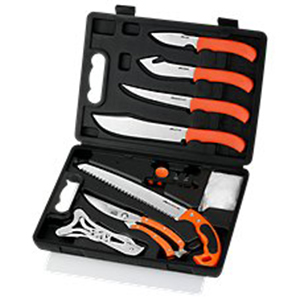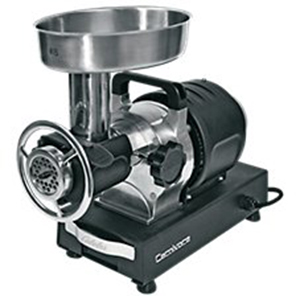Butchering Breakdown – How to Cut Up Your Deer (video)
Breaking Down Big Game in 8 Simple Steps
While hunting is an enjoyable sport, it’s important to remember that we’ve taken to the woods as hunters for centuries, first and foremost, to provide food for ourselves and our families. And because no one knows your preferences better than you, it makes sense that you take care of butchering harvested animals yourself.
- Read more about Butchering Breakdown – How to Cut Up Your Deer (video)
- 5950 views




